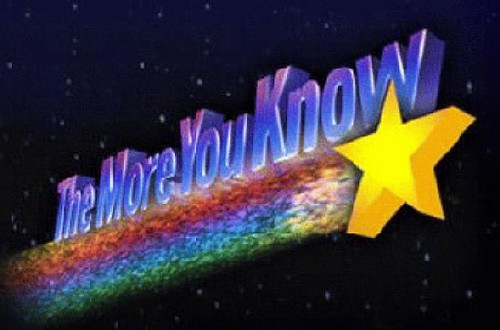The difference between “passive voice” and using “was.”

Grammar Girl has a fine post about it here, but here is the bit I see confused over and over and over and OVER whenever I see an online critique:
A lot of people think all sentences that contain a form of the verb “to be” are in passive voice, but that isn’t true. For example, the sentence “I am holding a pen” is in active voice, but it uses the verb “am,” which is a form of “to be.” The passive form of that sentence is “The pen is being held by me.”
It’s true that “to be” is not a very exciting verb, but using “was” or any other conjugate of “to be” in a sentence does not mean it is using passive voice. “To be” is a perfectly fine and useful verb. You certainly don’t want to overuse it, but if any critique points out all of your uses of “was” and tells you to get rid of them because “was” means that you are writing in the passive voice, this person doesn’t know what the heck they are talking about. They’re parroting a rule that they heard once about ‘was,’ and they’re wrong*.
Passive voice means that the action of the sentence is being done TO the subject, rather than the subject performing the action.
So please, please — if you are offering advice to another writer, especially a new writer, PLEASE make certain your advice is addressing the correct problem.
*If you have pages and pages filled with sentences like “The dog was hungry,” “My mom was mad, and I was sorry I hurt her feelings,” or “The coat was blue,”** you might be writing the most boring stuff ever, and any critique should point that out — but that still doesn’t mean you’re using the passive voice.
**In the correct context and when that sentence construction isn’t overused, any one of these sentences is fine, too.
This post was approved by Meljean.



